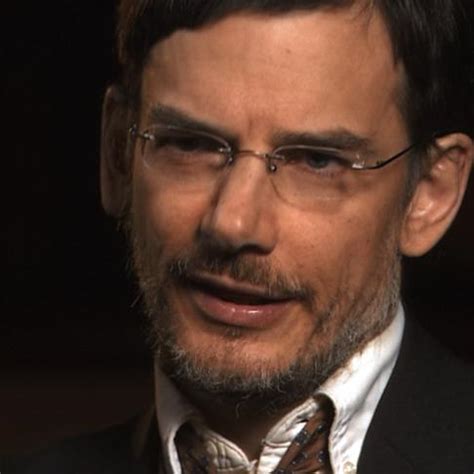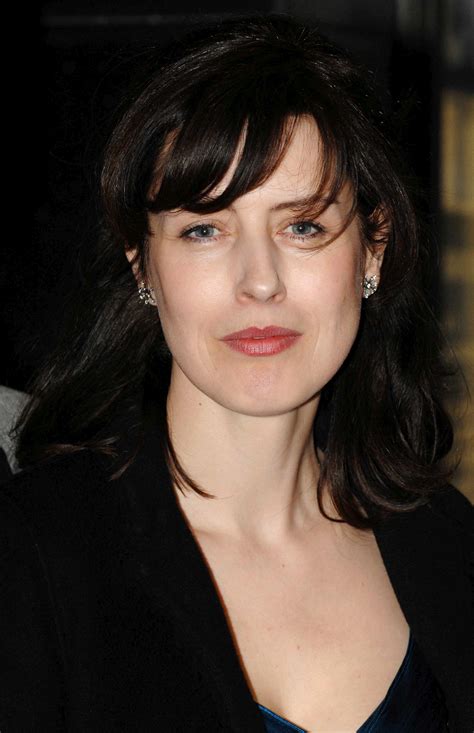A Quote by Mahatma Gandhi
If we could all give our own definitions of God, there would be as many definitions as there are men and women.
Related Quotes
In other words, the propositions of philosophy are not factual, but linguistic in character - that is, they do not describe the behaviour of physical, or even mental, objects; they express definitions, or the formal consequences of definitions. Accordingly we may say that philosophy is a department of logic. For we will see that the characteristic mark of a purely logical enquiry, is that it is concerned with the formal consequences of our definitions and not with questions of empirical fact.
Sure, some [teachers] could give the standard limit definitions, but they [the students] clearly did not understand the definitions - and it would be a remarkable student who did, since it took mathematicians a couple of thousand years to sort out the notion of a limit, and I think most of us who call ourselves professional mathematicians really only understand it when we start to teach the stuff, either in graduate school or beyond.
Art. Its definitions are legion, its meanings multitudinous, its importance often debated. But amid the many contradictory definitions of art, one has always stood the test of time, from the Upanishads in the East, to Michelangelo in the West: art is the perception and depiction of the sublime, the transcendent, the beautiful, the spiritual.
Sometimes our definitions fall short. Take, for example, the way we view income and labor. It simply doesn't cover enough of the work that women, and in particular poor women, are doing - especially in their own households and the vast 'informal' economy in which most of the world's poorest people work.
The world's definitions are one thing and the life one actually lives is quite another. One cannot allow oneself, nor one's family, friends, or lovers - to say nothing of one's children - to live according to the world's definitions: one must find a way, perpetually, to be stronger and better than that.
Science, incidentally, not only ignores the question of indwelling 'essences' by looking instead at measurable relationships, but science also does not agree that knowledge is obtained through Rothbard's Medieval 'investigation by a reason,' i.e., by inventing definitions and then deducing what your definitions implicitly assumed.










































